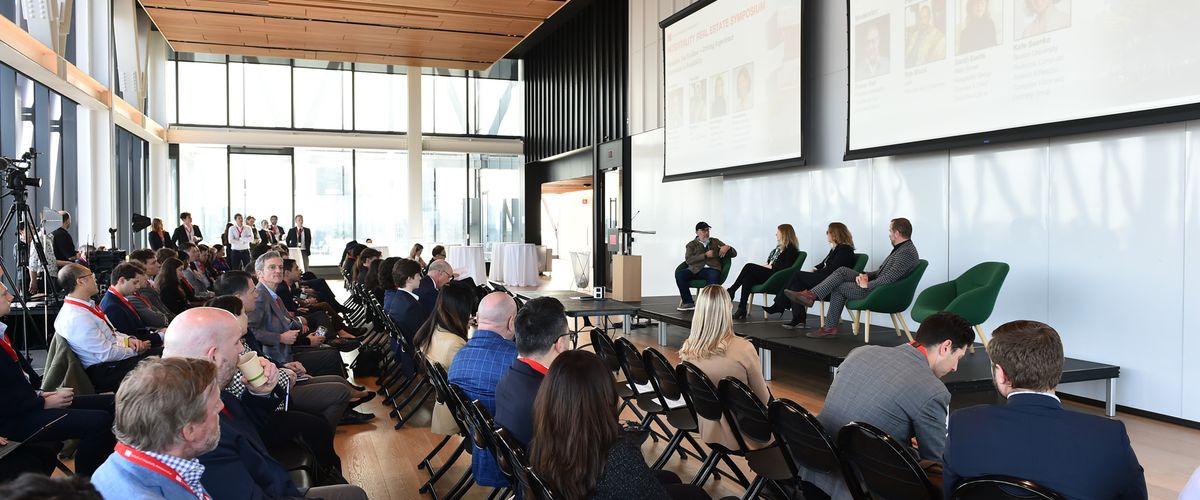Eliška Wichterlová prospectus defense
- Starts: 2:00 pm on Monday, September 8, 2025
- Ends: 4:00 pm on Monday, September 8, 2025
Grad student Eliška Wichterlová will be defending her prospectus.
Title:
Time and its relation to subjectivity: A defense of temporal anti-realism
Abstract
Informed largely and most recently by Newtonian physics, we ordinarily conceive of time as something absolute, existing out there in the physical world. While absolute space is thought of as a container within which all entities exist, time tends to be understood in terms of a linear, unidirectional and infinite sequence of nows. Counter to this conception, I argue in my dissertation that time is fundamentally dependent on the human aspect, considered from various perspectives. In the second chapter I take a look at Aristotle’s conception of time and highlight its key component, namely that time is a number which has to be counted by an intellective soul and argue that this can be reconciled with time’s universality. In the third chapter I argue against a particular realist reading of Heidegger’s early work with regard to the origin of the sequentiality of “world-time”, the time Dasein reckons with every day. I defend the view that all time, for Heidegger, is essentially Dasein-dependent. The fourth chapter of my dissertation looks at various recent attempts to bridge neuroscientific or cognitive-scientific accounts of temporal experience with Husserlian phenomenology. I demonstrate that Grush’s (2006) Trajectory estimation model commits an object-content confusion and misidentifies thus the vehicle relevant to the examination of temporal experience. I argue that the focus of an analysis of temporal consciousness should not be placed on the mechanical realizers of experiences but rather on the mental acts themselves, as the true carriers of perceptual content, and the relations among them. The last chapter is dedicated to contemporary analytic metaphysics of time, specifically to the debate between fragmentalism and perspectivalism. I contextualize these two views within the phenomenological tradition and identify tendencies that have prevented people from endorsing these unorthodox positions, and also highlight an independent reason for endorsing fragmentalism.
- Location:
- Zoom
- Link:
- https://bostonu.zoom.us/j/96532330778?pwd=lKMlIGzbdo4J9WlyidqfiO18RcXI7k.1
